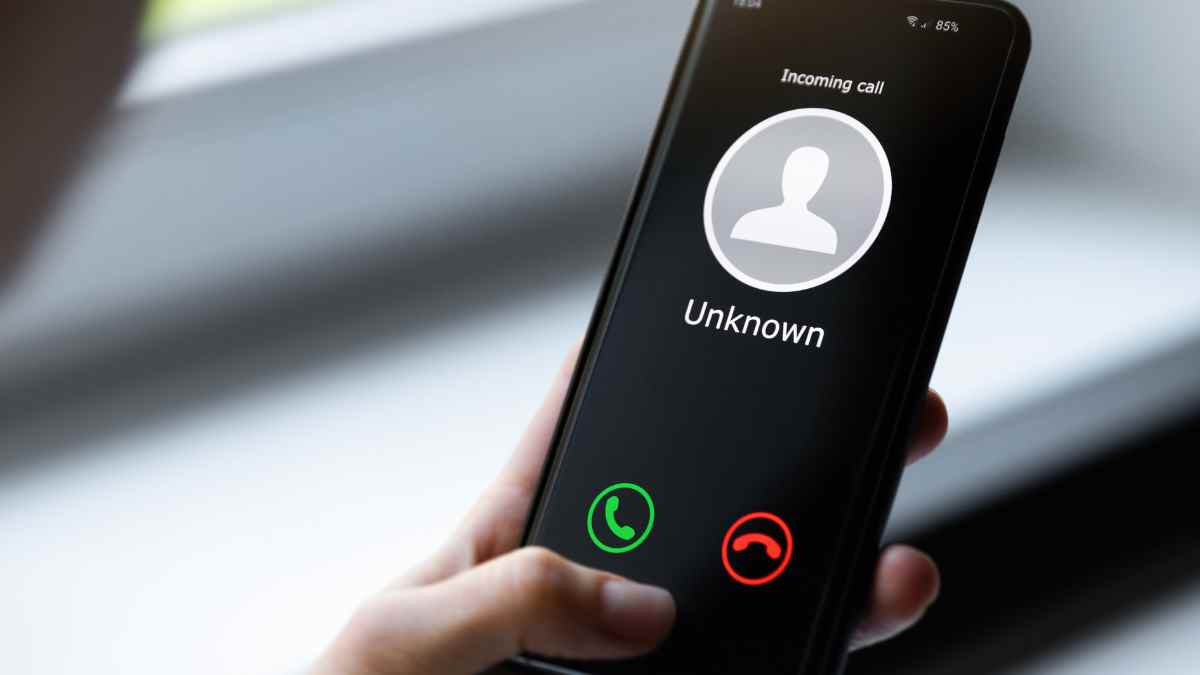Since the entry into force of international telecommunications laws, Spam calls without prior consent are totally prohibited. This type of frequent calls are part of aggressive marketing strategies that can be annoying and unpleasant. In addition, they create discomfort because you don’t know where they got your personal number. Fortunately, there is a function that allows you to block them and never worry about them again.
This setting on your mobile device will make your number invisible and make it difficult for unwanted contact with companies or scammers. In this last case, it is necessary to emphasize that cybercriminals used to take advantage of these practices to carry out telephone frauds, with the purpose of stealing money or personal data.
How to avoid “Spam” calls
Activating the block to “Spam” calls is quite simple and you will be able to use it on both iPhone and Android mobile devices. Each operating system has its steps to follow and now we will detail them:
For iPhone:
- Go to the Settings application on your phone.
- Go to the Phone section.
- Look for the Show Caller ID option.
- Deactivate this function.
For Android:
- Open the Phone or Calls app.
- Tap the three vertical dots to access the Settings menu.
- Find and select the Caller ID and Spam option.
- Activate the Filter calls from Spam feature.
External applications that can be used to block calls
- TrueCaller: this application is one of the most used worldwide to block this type of communications. Its operation is based on the creation of a database of numbers that have already been identified as Spam by other users. It also allows to automatically block any attempt to contact from those numbers.
- Call Control: it is similar to TrueCaller and also allows to automatically identify and block calls from advertising or fraudulent numbers.
- Nomorobo Robocall Blocking: is an application available for both Android and iOS. This app offers an advanced option to block automatic calls and robocalls.
It should be noted that, although these applications are quite effective, their use can compromise privacy. Many of them require access to your contact list and call log to work properly. If you agree with this, you can use them without any problems, otherwise, it would be advisable to activate the functions of your mobile devices.
Types of scam
Beyond these calls, this function also allows you to block text messages intended for scams. In many cases, it has been seen how criminals try to impersonate government authorities or bank staff to steal banking or personal information.
In this context, the biggest threat posed by “Spam” calls is voice phishing, or “vishing”, where fraudsters pose as representatives of trustworthy entities. These calls may appear legitimate because they use social engineering to manipulate victims. This can result in identity theft or significant financial loss.
It is worth noting that complaints about non-consensual commercial calls have decreased following the implementation of new regulations. However, the risk of scams remains, so it is essential to be alert and as careful as possible.
Other measures to avoid scams
- Register the number on exclusion lists: in several countries, users can register on lists that prohibit companies from making commercial calls.
- Keep your phone number private: avoid sharing your phone number on untrusted websites or online forms.
- And as mentioned above, installing call blocking applications is a highly recommended option to avoid annoyance.






